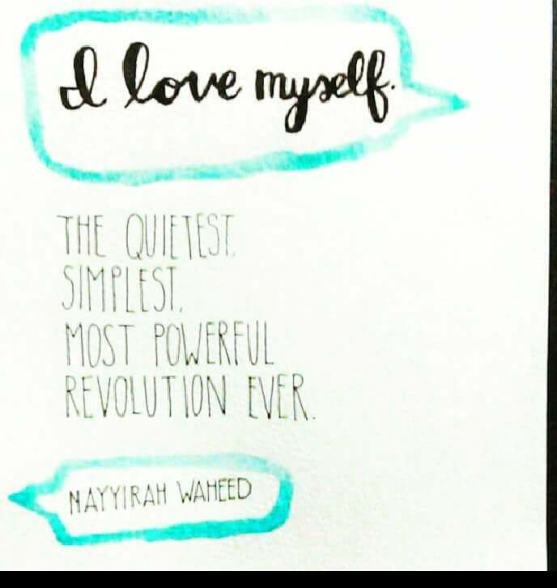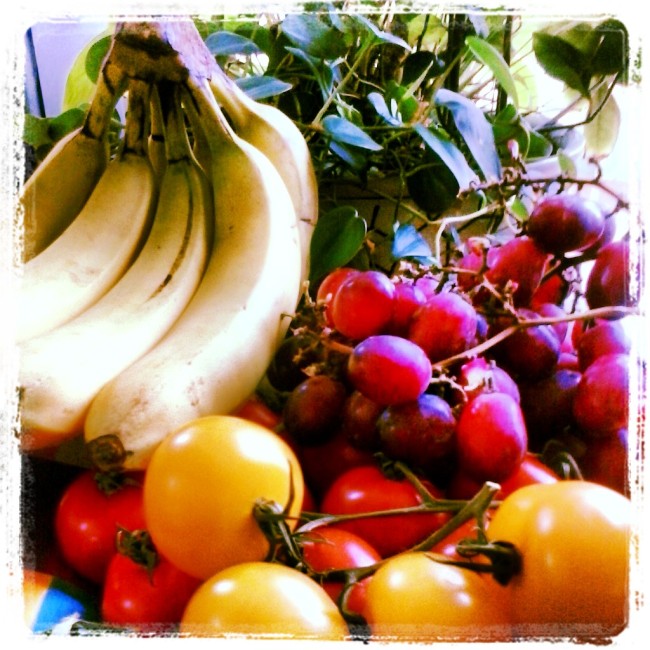So many of us think about the parts of our bodies that we would like to change. It doesn’t help that we are bombarded with messages both subliminally and overtly in our technology-laden world and part of a culture that is grossly superficial.
I’m a firm believer in the following statement:
“Love the body you have, so you can have the body you love.”
By that I mean if you are making dietary changes and increasing your physical activity because you want to look a certain way, you’re doing it wrong.
Believe me, I did it. If you want to live a healthy lifestyle that includes taking care of your body, nourishing it properly and giving it the movement it needs, then you will reap many benefits– both physical and psychological.
However, if you are looking to achieve your “dream body,” because you feel that once that happens, the rest of your life will just fall into place, then my friend I’m sorry to say you have a long road of dissatisfaction and longing ahead.
Exercise should not be a punishment for the food you eat. And eating should not be seen as sinful or something to feel guilty about. We all need food which is comprised of nutrients that help our bodies and minds function to their highest potential. Some foods are more nutrient rich (fruits, vegetables, whole grains, lean meats, nuts, and seeds) . Other foods are more energy-rich (Sugary foods, fried foods). Some foods are both nutrient and energy rich (Avocados, nuts, fatty fish, olive oil). A healthy diet is comprised of a combination of these types of foods, with most foods being nutrient-rich with a few energy-rich foods interspersed.
My wish for everyone I care about (which is basically everyone I meet) is that we learn to love the bodies we have. They are the only bodies we’ve ever had, and we will never have a different one. Once we learn to love the vessel in which we live, then we will treat it with respect. From looking at ourselves from a standpoint of respect and love, we will appreciate all that it can do, and we will find joy in strengthening it, challenging it physically and providing it proper nutrition.
I urge everybody to refrain from talking negatively about their bodies. It promotes our culture of superficiality and further supports the notion that we must all strive to achieve something that may not even be within our genetics to achieve. Instead, be the bolder person and say something positive about your body. Everyone has something. Help me be part of a movement that challenges the norm of negative body-talk as an impetus for change. Let’s promote a culture of individuals who live balanced lifestyle because we care about ourselves.





